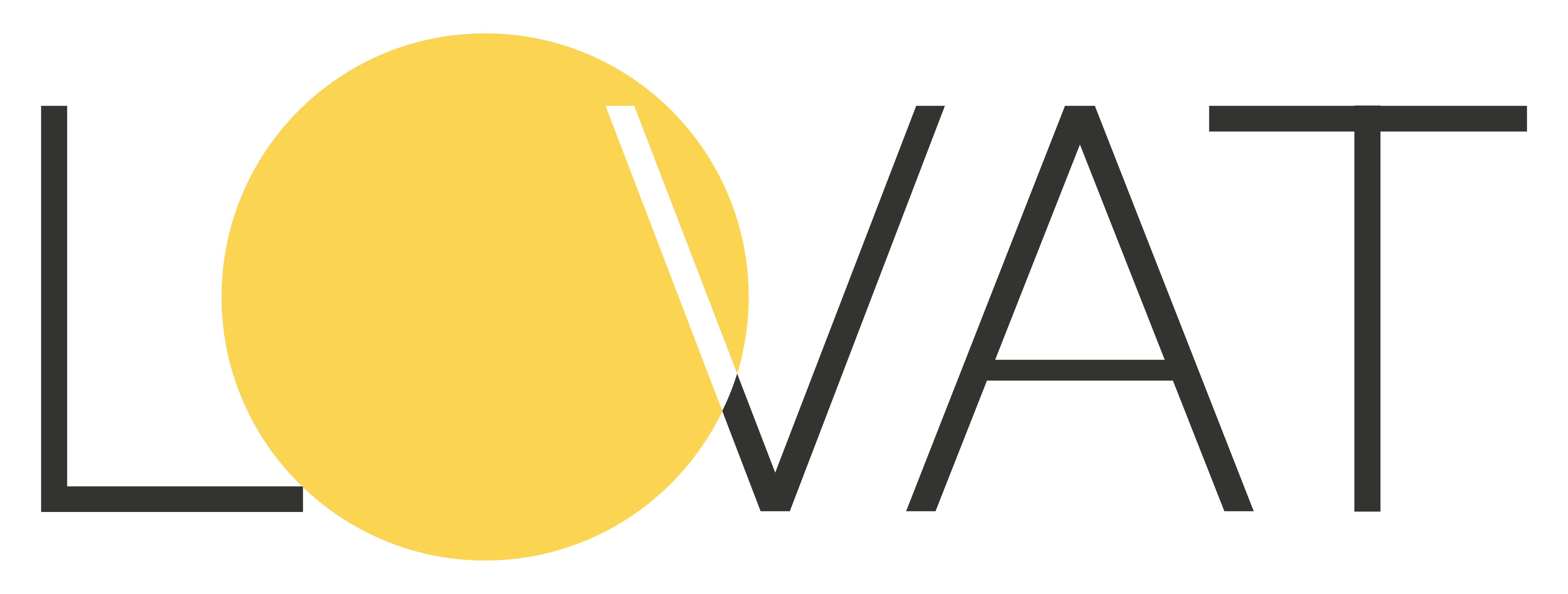Germany: Extended Producer Responsibility (EPR) for packaging
In Germany, the marketplaces must confirm that they comply with Extended Producer Responsibility (EPR) regulations beginning in 2022, including the German Packaging Act named VerpackG. Therefore, the obligation applies to all sales channels, not just products sold through the Marketplace.
Who is considered responsible?
All manufacturers and retailers are obligated by the provisions of the new German Packaging Act, and the regulations, therefore, apply to all who deliver packaging to Germany:
- Online shop operators, including small retailers who use sales and/or transport packaging to ship the goods sold;
- Marketplace traders;
- Stationary dealers;
- Producers;
- Importers;
- Intermediaries.
What do you mean by packaging?
For example, all kinds of paper packing:
- paper
- paper bags
- plastics
- non-returnable containers made of glass
- beverage cartons
- aluminum
- ferrous metals or other packaging based on copper
- wool
- ceramics
- wood and
- rubber.
Also, the packaging includes all primary, secondary, shipping, and service packaging.
Thresholds
Regarding the prerequisite for system involvement, there is no set minimum.
Producers’ Obligations for Extended Producer Responsibility (EPR) in Germany
-
Registration
Since January 2019, all packaging producers and first distributors have been required to register with the Zentrale Stelle Verpackungsregister (ZSVR), a public database, and the producer has to record with the appropriate body depending on the kind of EPR products to acquire the registration number. There is a special register for packaging in Germany. This is the LUCID Packaging Register.
-
Agreement with a dual system (eco-operator or in other words Producer Responsibility Organization (PRO)
The Producer is obliged to agree with one of the approved firms that will take care of the disposal of the packaging.
-
Reporting
– The producers are required to declare to the appropriate Producer Responsibility Organization (PRO) regarding the sales of products falling under the EPR. Reports must be supplied in kilograms.
– Reports are also submitted to LUCID. That is why the system is called dual.
-
Payment of fees
The producers must pay eco-contributions defined by the PRO depending on the EPR product category. The licensing charge can go from €25 per year, and it is established based on packing volume and type of packaging.
Authorized representative
The producer can choose a German-based authorized representative to register the packaging law requirements on behalf of the producer. But this is optional.
Reporting Deadline
The deadlines for submitting reports are set by the eco-operator. Usually, the deadline for the previous year is until the end of March.
There is a deadline for submitting reports to LUCID 15.05.23
Fines or punishment
In the case the producer does not fulfill the obligation or submits the incorrect quantities, the charges can be up to €200,000 with the possibility of getting a warning as well from the tax authority.
